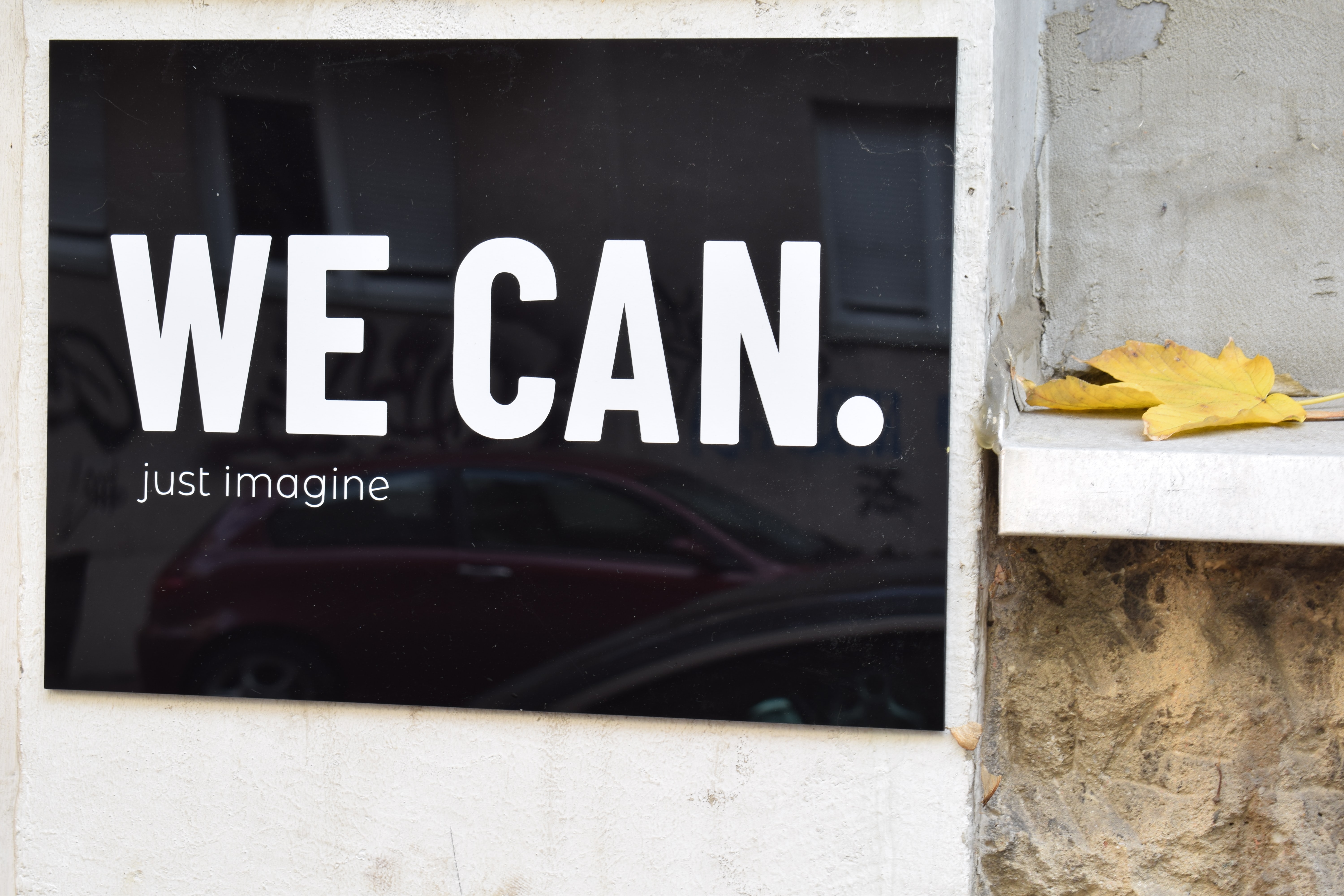
Life will never stop challenging us through its constant difficulties and challenges. These difficulties bring us up against a crisis which we must face effectively within our personal development.
There are roughly six areas in our life in which we might face a crisis:
1. A psychological crisis which can bring up symptoms of depression, anxiety, panic etc.
2. An existential crisis in which we may find ourselves facing questions that cannot be answered in a simple manner such as “who am I, where am I heading in life, what is it that I truly want”.
3. Αn emotional crisis such as within a couple in which other types of problems arise like separation and interpersonal tension.
4. A crisis within social interactions in which one loses the friendships he/she had and finds it difficult to interact with others and form new friendships which leads to feelings of loneliness.
5. A crisis within one’s work experience such as feelings of inadequacy, having too much of a workload or working within a toxic environment.
6. A family crisis which might bring up different types of difficulties such as financial challenges, health issues or necessary separation of a loved member.
We are constantly expected to do better and this way failure might seem like a weakness. This can make us suffer on an emotional level, existentially, within our relationships, within our workplace and within family life.
The size of our difficulties might seem huge to us. Because of our culture which tends to measure people’s progress strictly by effectiveness in all areas, we sometimes might be too hard on ourselves and thus face the crisis in a passive way while we continue to suffer. This can result in making us feel weak, losing our direction and leaving us unable to take advantage of our strengths which are within us.
What we must accept is the fact that a crisis is not a part of our life which shouldn’t be there or should not have happened. Rather it’s a period in our life in which we must learn to change, adapt, strengthen ourselves and this way develop personally. Although it’s true that we might lose our enthusiasm, our strength and our hope, it’s also true that during these times we become stronger and restructure many parts of our personality.
The crisis’ we face usually don’t just appear. Sometimes we contribute to the appearance of a crisis. We might make subconscious or conscious decisions and favor the difficult circumstances. We cannot therefore avoid a crisis or play the victim.
This is when we must put our hurt ego aside, look ahead with prudence and maturity and develop new pathways for ourselves.
It is not an easy task and the emotional pain we might be facing can be very challenging. However, we must look at the crisis we are facing with honesty in order to understand the circumstances under which it developed.

In the beginning it might seem scary, while we feel inferior to the problem. However, by being in that inferior position we may think about possibilities we had never thought of before and the circumstances needed for us to act effectively. Could it be that we are coming across new personal skills that we had no idea we owned?
Ultimately, periods of personal stress and extreme difficulties in our relationships, work, family life or any important area, may reveal sides of ourselves that we had not discovered and embedded yet.
It is therefore a personal choice whether we take advantage of these moments of crisis or not, within our personal development.
Spyros Metaxas Psyciatrist – Psychotherapist














